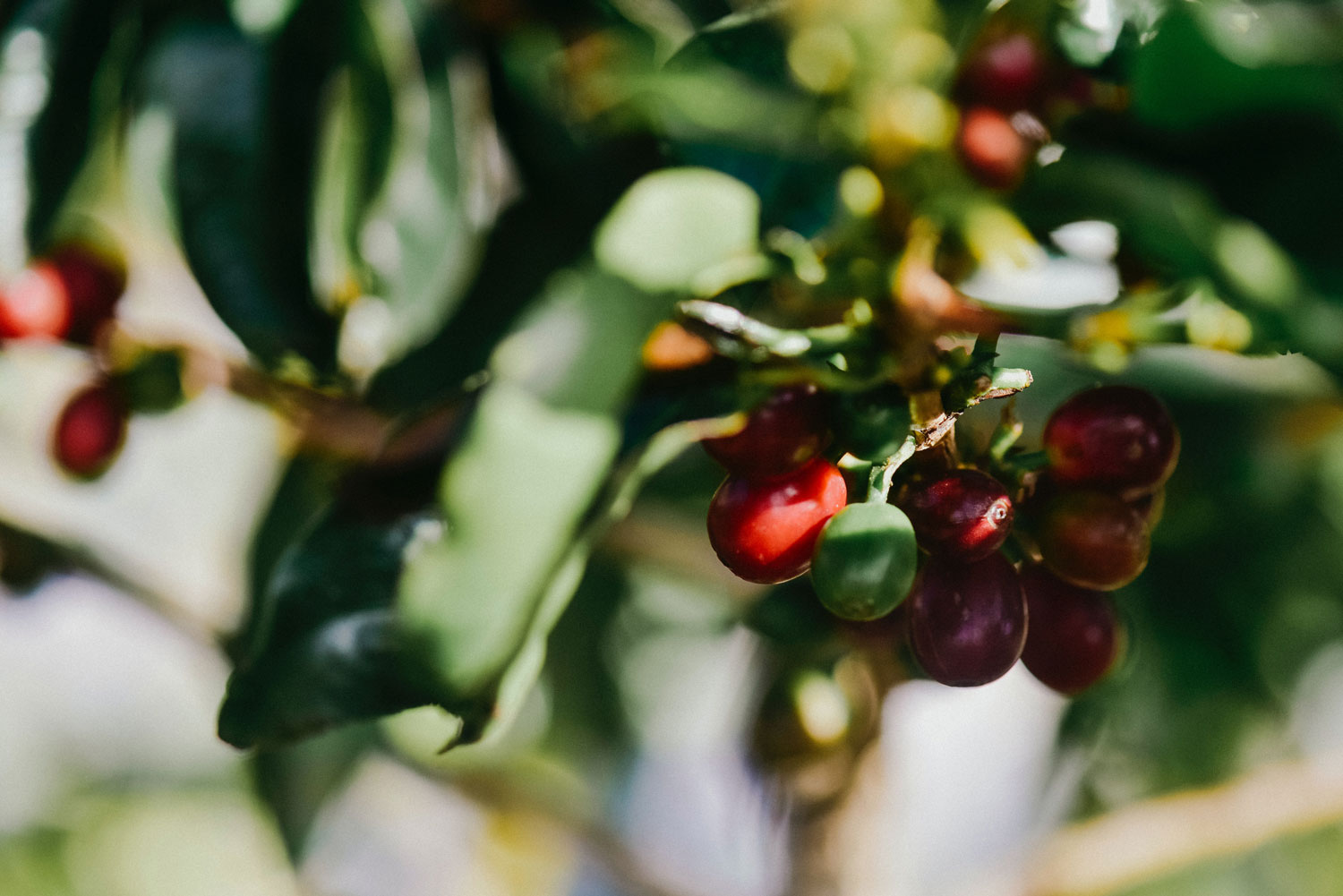
Five things you didn’t know about Philippine coffee
With some exclusive micro lots arriving later this year from the Philippines, we thought you might want to find out some interesting facts about this emerging origin for specialty coffee.
- All four species.
The Philippines is an archipelago made up of over 7,000 islands, where climate, topography and geology varies wildly. This diversity means it is possible to grow Arabica, Robusta, Liberica (Philippine Liberica is called Kapeng Barako) and Excelsa, making it one of the few countries currently producing the four main species of commercially-viable coffee.
The majority of coffee grown in the Philippines is Robusta (69%), followed by Arabica (25%)
2. It once was the #1 coffee producer in the world.
The Philippines has been a coffee-producing country since the middle of the 18th century. When coffee rust hit Brazil, parts of Africa, and Java, Indonesia in the 1880s, the nation became the top producing country in the world. But coffee rust later reached the Philippines and production never fully recovered.
Later in 1960, a government act was introduced to prohibit coffee importation. Aided by this, the Philippines produced enough coffee for domestic consumption and export until the collapse of the International Coffee Agreement in 1989. New trade regimes later removed quotas for import, leading to a reliance on cheaper imported coffee.
3. Demand exceeding supply
In recent years, coffee production has not matched domestic consumption. According to the Department of Agriculture, the country imports between 75,000 and 100,000 metric tons of coffee a year from Vietnam and Indonesia alone. Alongside the current challenges of the pandemic, extreme weather and rapid urbanisation have also impacted the coffee industry. The eruption of Taal Volcano in January 2020 destroyed many of the Liberica coffee plantations in surrounding Batangas and Cavite and trees will take at least two years to recover.
4. The specialty scene is rising
In spite of these challenges, the past few years have seen more farmers and producers focus on increasing specialty Arabica production.
For example, Kalsada are doing great work to bring Philippine coffee to the international market and we are very proud to be working together for a second year. Their long term support to the communities of coffee growers in Benguet alongside building two micromills in the area empowers farmers to make the most of their unique environment and produce specialty grade coffee that they can sell at a premium.
5. A bright future
There is a dedicated effort to elevate Philippine coffee on all levels, with coffee industry bodies working alongside the Government and private sector. Aims include increasing and sustaining both yields and incomes for farmers and a focus on improved quality and productivity through the enhancement of knowledge and skills. This has resulted in initiatives such as the Philippine Coffee Quality Competition (PCQC), an annual green coffee competition that seeks to increase the consciousness of Filipino farmers on coffee quality and encourages them to improve their competitiveness in the domestic and international markets.
As the only importer of Philippine specialty green coffee in the UK, we are very excited to be bringing in a very limited selection of nano lots (1-2 bags), showcasing some of the best of this year’s harvest. These include award winning coffees from the recent Philippine Coffee Quality Competition.
These exclusive lots are to arrive in August/September:
- Sitio Belis Kalsada – a washed coffee grown and produced by a community of smallholder farmers from Belis in Atok, Benguet.
- Balutakay – a honey process coffee grown and produced by Ms Florencia Inojales of Balutakay barangay, Bansalan, Davao del Sur
- Lubas – a washed coffee grown and produced by Ms Anielyn Tiongan from Lubas barangay, La Trinidad in Benguet.
Please get in touch to register your interest in these coffees and be first in line to try samples.
